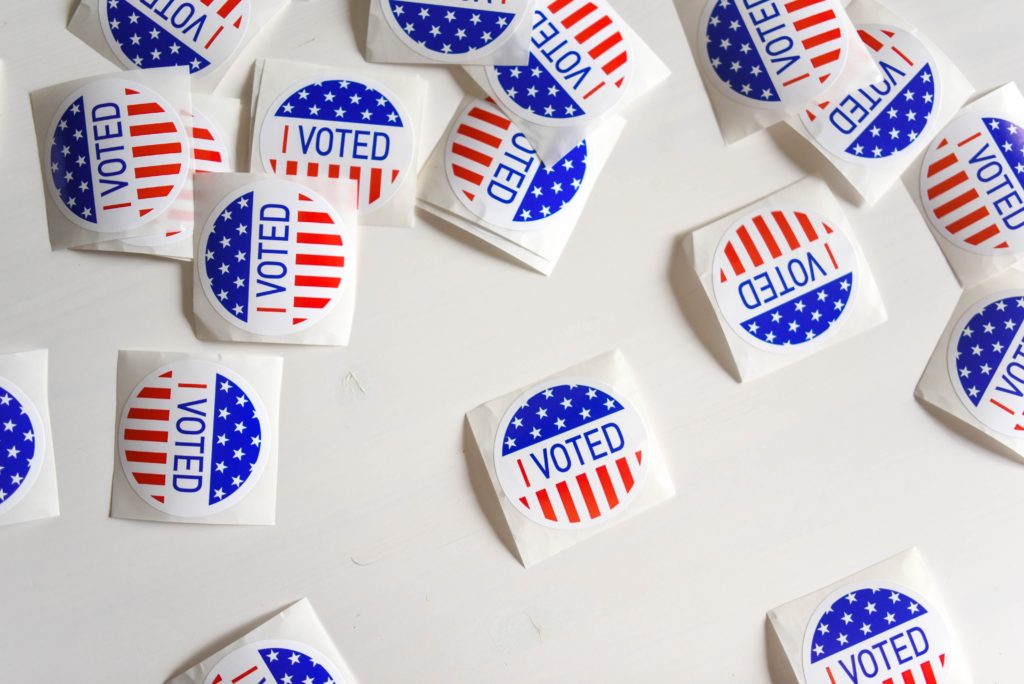Our democracy is under attack right now in states across the country. In fact, more than 250 anti-voter bills have been introduced in at least 43 states. The new Georgia law (which, among other things, makes it a crime to give food and water to a voter standing in line at the polls) is so shocking that President Joe Biden referred to it as “an atrocity” and likened it to “Jim Crow for the 21st Century.”
But over the next few weeks, Vermont has an opportunity to chart a very different course.
A suite of pro-democracy bills is ripe for passage this year, each one building on our state’s tradition of encouraging public participation. If these bills are signed into law, Vermont will become the most “voter-friendly” state in the country.
Here’s a brief description of the bills that should be passed this year:
On voting (S.15): Vermont’s emergency plan to mail a ballot to every active, registered voter for the 2020 general election was safe, simple, secure, and tremendously successful. Mail-in voting helped shatter Vermont’s all-time participation record by nearly 45,000 votes. Three out of every four votes were cast early (mostly by mail). The Legislature is now considering making the policy permanent, an idea that is supported by 68% of Vermont voters.
If enacted, S.15 would ensure that all Vermont voters receive a ballot in the mail for general elections. It would also minimize the number of defective ballots by including a curing process. This process would allow voters to fix (a.k.a “cure”) small mistakes so that otherwise-valid ballots could be counted. In the 2020 general election, with no curing process in place, nearly 1,500 voters were disenfranchised because their ballots were found to be defective. This legislation had overwhelming support in the Senate, passing on a 27-3 vote, and now awaits approval from the House.
On money in politics (S.51): This bill would allow only individuals, political committees, and political parties to make political contributions to candidates. This would ban corporations from making direct contributions to candidates for the first time in Vermont.
S.51 would also increase transparency by requiring political action committees (a.k.a. PACs) to include the name of any connected organization or corporation in the name of the PAC, so that voters could track the money behind the PACs. Finally, the bill also calls for an important study to identify ways of improving Vermont’s moribund public financing system. This bill passed the Senate on a 22-8 vote and awaits approval in the House.
On removing barriers to running for office (H.10): Being a parent isn’t easy and trying to run for political office while juggling many responsibilities, including parenthood, is even harder. H.10 would make clear that expenses incurred by a candidate for the care of a dependent are an acceptable campaign expenditure, as long as the care was made necessary because of campaigning. This legislation will help make it possible for more people to run for office. It will particularly benefit underrepresented groups, including women, single parents, and members of working families. H.10 has now been passed by both the House and the Senate and is expected to be signed into law by Gov. Scott soon.
On better ballots and majority winners: Voters deserve more choices when filling out their ballots. On Town Meeting Day, Burlington voters overwhelmingly agreed, embracing ranked choice voting as a proposed charter change. Ranked choice voting is a popular democratic reform that allows voters to rank candidates in order of preference: one, two, three, and so on. If your vote cannot help your top choice win, your vote counts for your next choice. This process continues until there is a majority winner.
Ranked choice voting not only ensures majority winners, but it also eliminates the spoiler candidate effect, discourages negative campaigning, and encourages a greater diversity of candidates.
Nearly 9 million Americans – in red states and blue – use ranked choice voting already. The Legislature and Gov. Scott must approve Burlington’s charter change in the next few weeks so it can be in place for the 2022 city elections. For the 2024 statewide races, VPIRG will press to make ranked choice voting available for voters in state primaries and all federal elections.
As a package of pro-voter measures, the legislation outlined above will bring more voices into our political process – as candidates and voters. Far from denying its voters food and water, Vermont is on the verge of establishing model legislation that can be used by the federal government or any state interested in getting more people actively involved in our democracy.
Let’s do it. Let’s stand together to pass these bills and make Vermont the most voter-friendly state in the nation.

